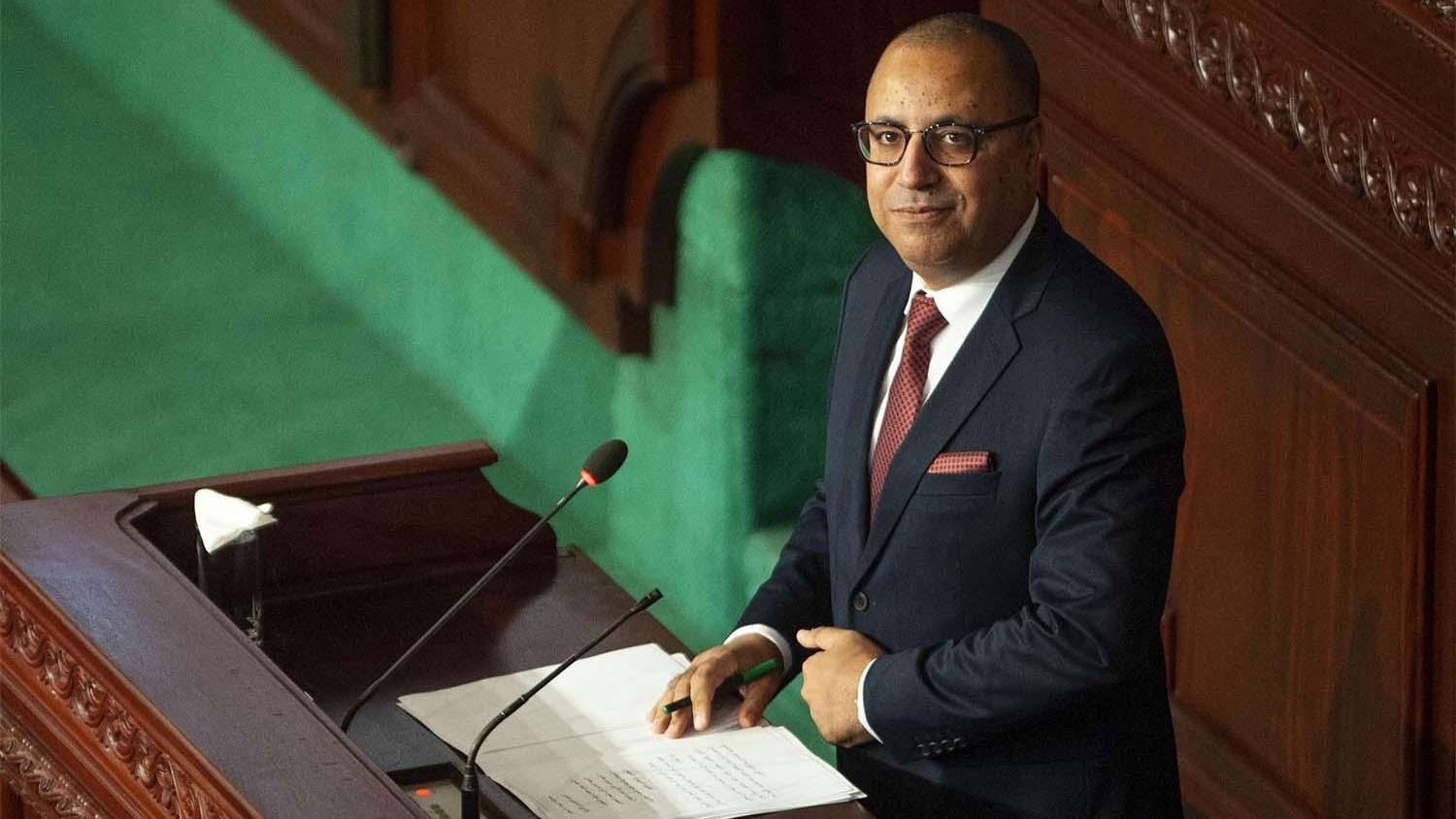The Tunisian parliament on Wednesday, September 2, voted to approve the new government of prime minister-designate Hichem Mechichi. The new government will be the third to take office since the October 2019 elections. The vote of confidence in the parliament ended with 134 votes in favor of the new government and 67 against. The vote was preceded by 11 hours of intense debate between the lawmakers, many of whom expressed their reservations and disagreements with the new government. However, most of them voted in the government to maintain political stability and to avoid an early election.
Tunisia is facing an economic crisis which has majorly contributed to the political crisis. The people of Tunisia, led by trade unions such as the Tunisian Trade Union Confederation (UGTT), have staged a number of protests in the past few months against the mishandling of the economy and the rising unemployment. The protests were especially strong in the southern part of the country, specifically in the Tataouine governorate. The protests were met with heavy repression by the police.
The economic situation has also led to the deterioration of essential public services, as well as resulted in the country accumulating a massive financial debt. The economy, which is heavily dependent on tourism, witnessed a 21.6% drop in the second quarter of 2020. The country is also witnessing a rise in the unemployment rate, up from 15% to 18% in the first half of 2020. The COVID-19 pandemic has also contributed to the economic slowdown of the country.
In his speech after his government was confirmed, prime minister Hichem Mechichi said he would start talks with lenders and begin reform programs, including for public companies and subsidies. It is unclear whether these reforms will lead to further austerity measures and layoffs and privatization. One of the first steps that Mechichi has taken as prime minister is to merge the ministries of finance, economy and investment. He has also notably left out most major political factions out of his cabinet, including the largest party in parliament, the Islamist Ennahda party.
The previous government of prime minister Elyes Fakhfakh was in power for only five months when he tendered his resignation over allegations of conflict of interest and corruption.
Since the 2011 Tunisian revolution, which resulted in the overthrow of long time dictator Zine El Abidine Ben Ali, Tunisia has had nine governments. Intense power struggle and ideological conflict between political parties has meant that none of the governments could provide stability.





